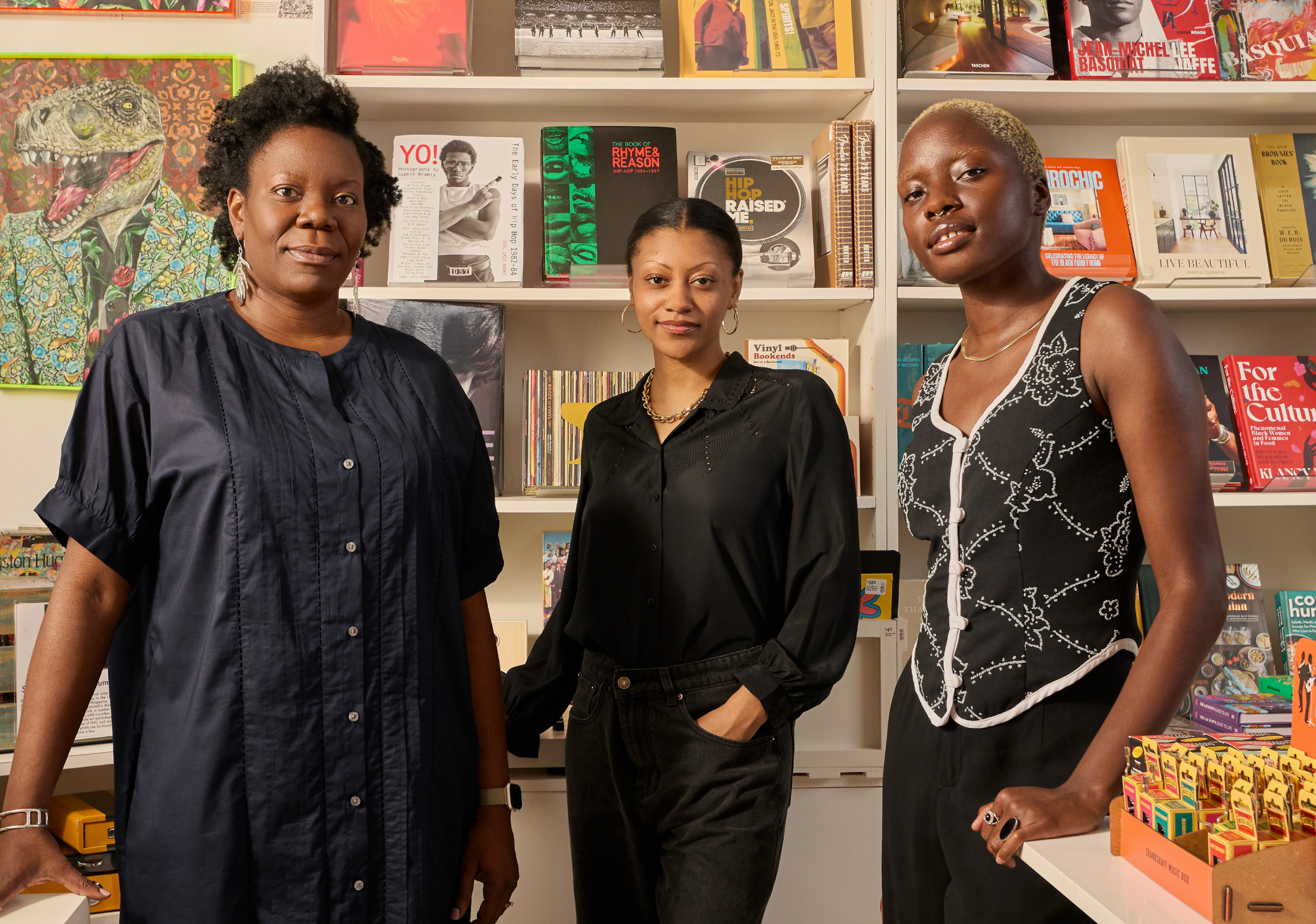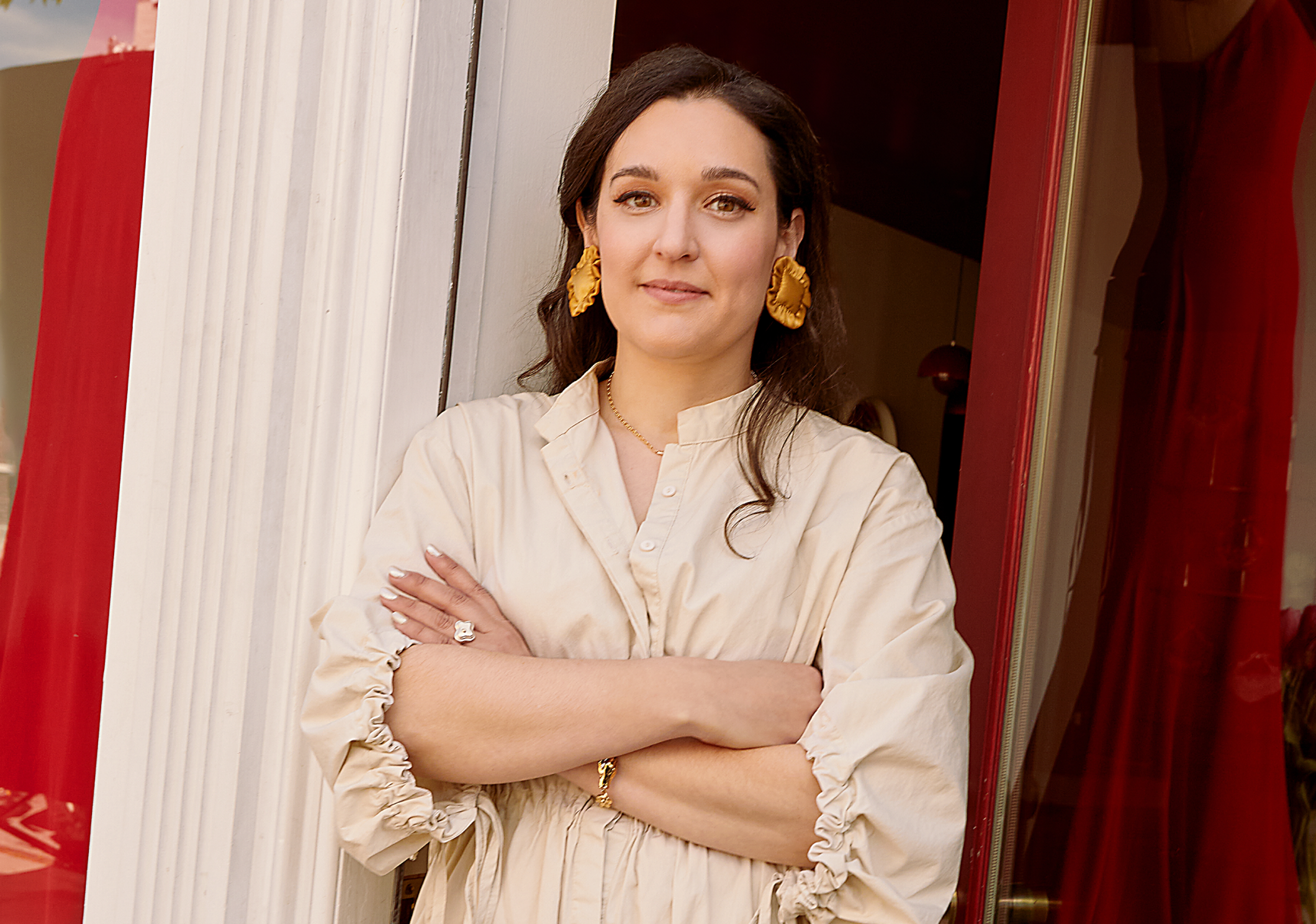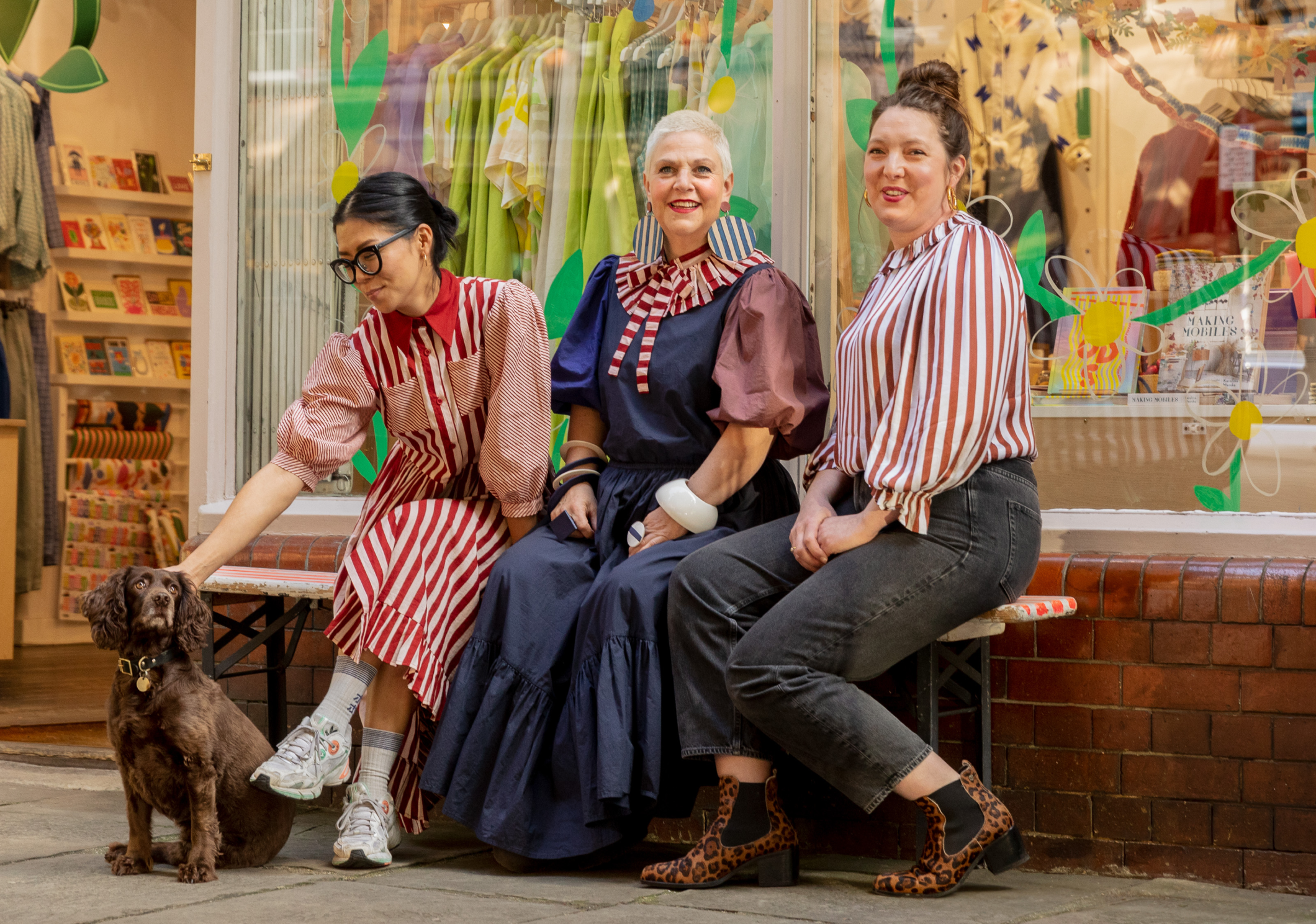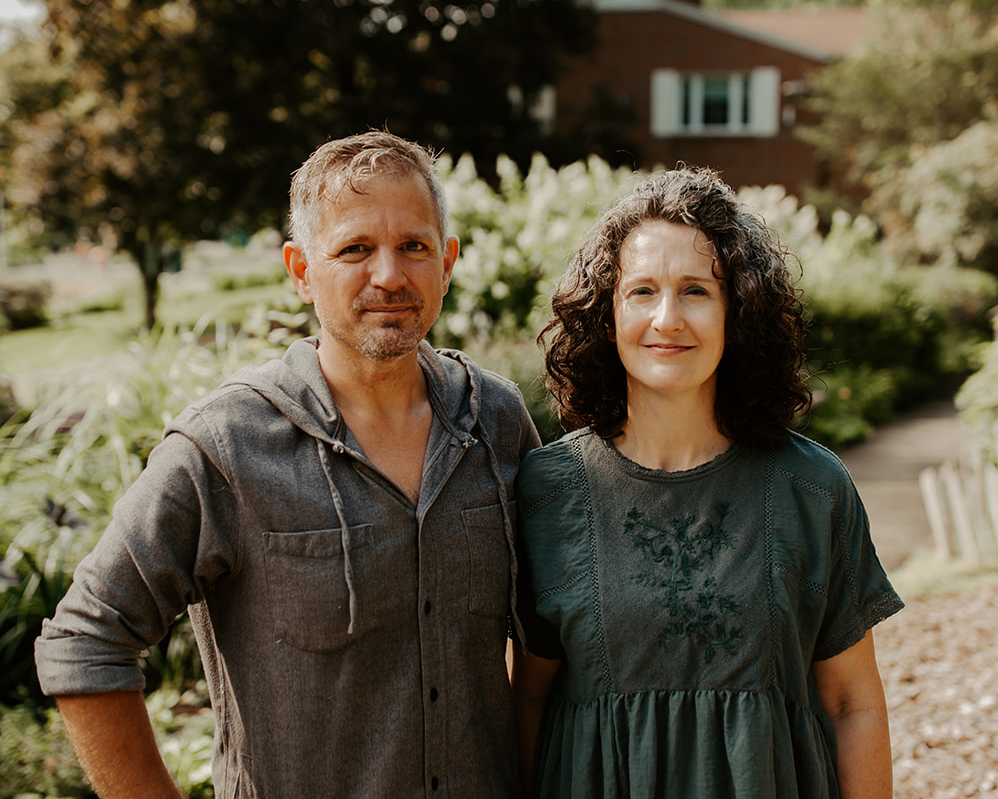
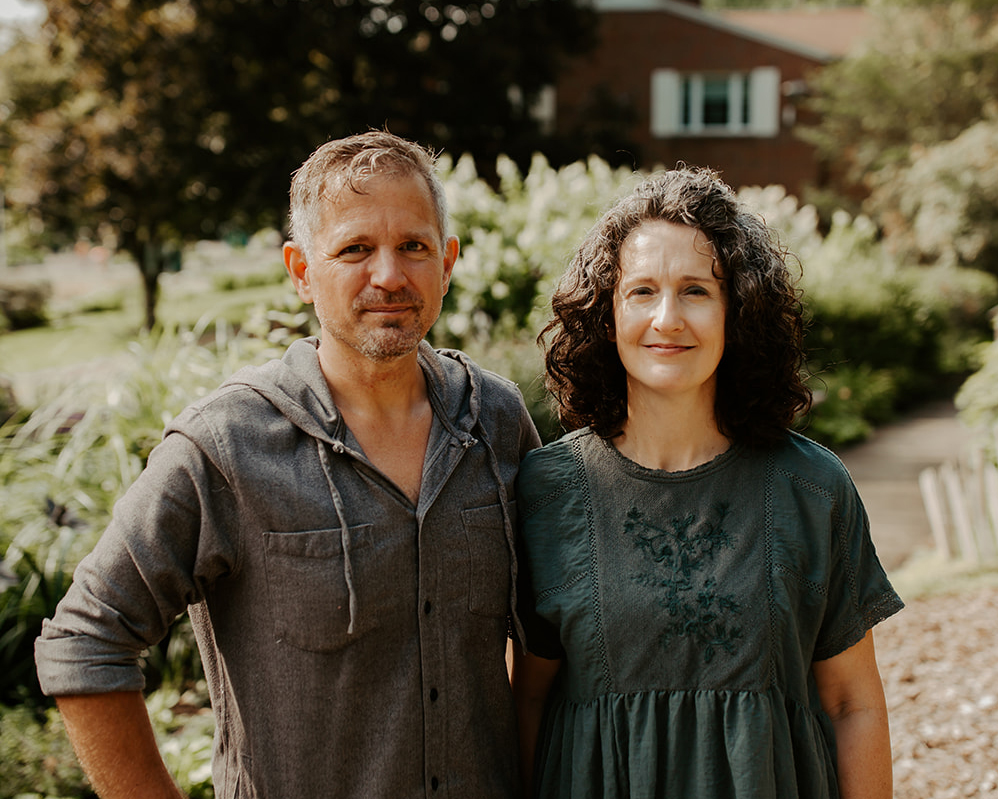
Pebble, a fair trade kids brand based in the U.K., launched in 2004 when founder Samantha Morshed moved to Bangladesh. She began teaching local women how to knit and crochet, with the hopes of producing handmade products to be sold on the international market. Today, Pebble provides jobs to over 10,000 women in over 120 rural centers.
Austin and Marita Miller, Americans who spent ten years in Bangladesh between 1995 and 2010, are the U.S. distributors for the brand. The Millers named the U.S. line Kahiniwalla, meaning “a purveyor of stories,” to highlight products that tell a story through the handmade process.
A Fair Trade Federation member, Kahiniwalla x Pebble is part of our Fair Trade Federation Collection, shoppable now on Faire. We caught up with Austin to learn more about what it means to be a fair trade brand.
Faire: Tell me a little about your story and how you got started.
Austin Miller: We moved to Bangladesh in about 1995. I wasn’t initially working in job creation or anything related, but while I was there I noticed that many people were focused on relief work, constantly trying to get new grants approved to fund their work. To me it didn’t seem like a good long-term strategy, and in the back of my mind I was thinking about what could work better. Eventually I started working as a product designer with a group that created products for 10,000 villages and fair trade retailers around the world. My role ended up being more about collaborating with other Bangladesh designers. They had really strong design skills but they didn’t have a connection to the U.S. market, so I became more of a branding consultant to help them understand what would sell in America.
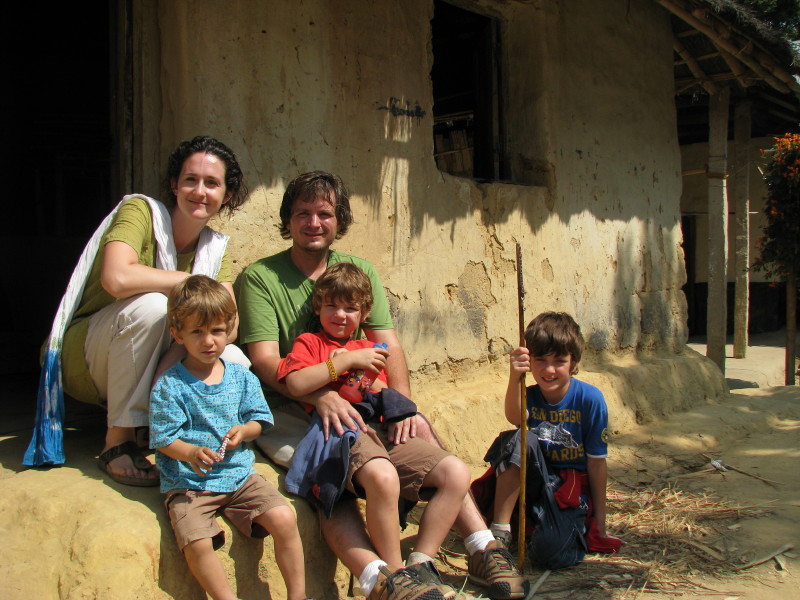
That’s how I first got connected with Pebble, I started consulting for them. But Samantha knew from the beginning that she wanted to be able to scale the business. She wanted to make a big, lasting impact. So we brought Pebble to the U.S. in 2010, and over the past ten years, our name Kahiniwalla, meaning “storyteller,” has been about telling Pebble’s story.
Why was it important for you to be a part of a mission-based business?
Diversity is a big value of ours — and yet we are resistant to portraying anyone as if they are needy or “other” than us. We love our Bangladeshi partners and they help us just as much as we help them. It’s a partnership we really value, and we learn volumes from them. That’s one reason we really appreciate our partnership with Faire. It’s such a level playing field — we don’t have sales people only visiting or calling stores in certain zip codes. We have found that our partnership with Faire has brought welcomed diversity to our customer base.
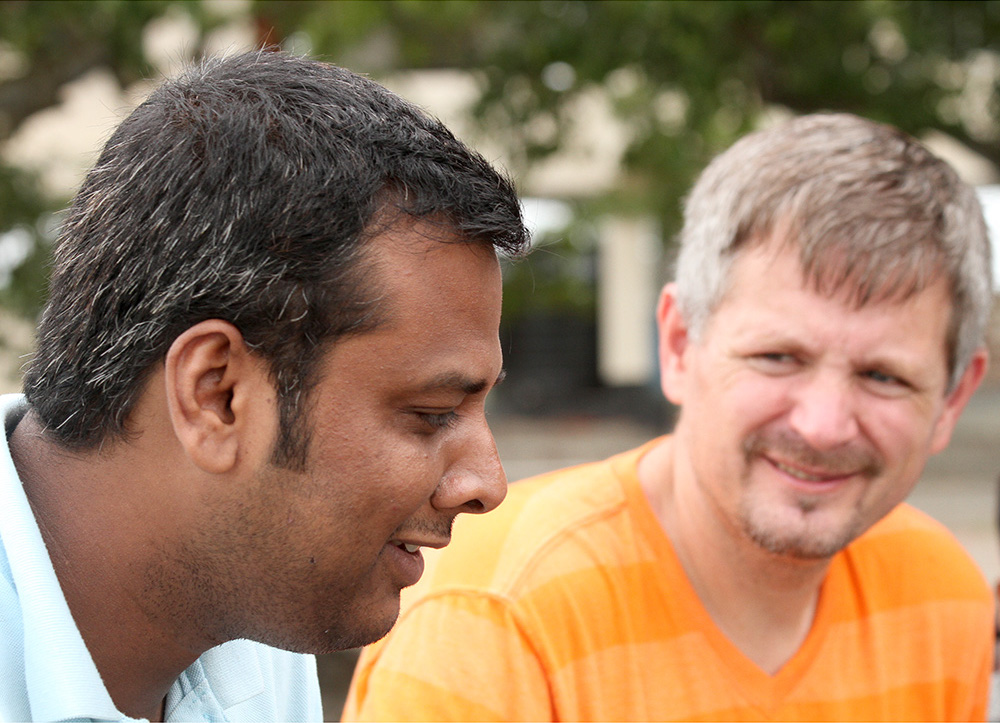
What is the process for becoming certified as a fair trade company?
Given that Pebble operates outside of the U.S., it is certified with the World Fair Trade Organization. Often in the craft industry, only the labor is certified, but within commodities they would look at the product materials too. For example with chocolate, they would look at the farmers, and how the ingredients are grown. Pebble was part of a pilot program where they examined the whole process from start to finish, analyzing where all the materials were coming from as well as the labor involved. It was a very long process, but now Pebble has become a model within South Asia.
Being part of fair trade is an ongoing relationship. As a business we are always trying to improve even after we became a member. Each year they choose a few of the nine principles for businesses to narrow in and focus on to continue their memberships.
What is the small businesses fair trade community like? How do you support one another?
The Fair Trade Federation has a conference every year which has been a great way to put a face to many of our fellow wholesalers since most of our interactions are with our customers. I have a number of close friends who I met in Bangladesh that are now working in wholesale back in the U.S. Because of my connections working in the fair trade world, I’ve also been able to connect other wholesalers with ethical sourcing in the global fair trade community.
What advice would you give to other brands that want to align their business with a specific mission?
Joining a member organization like the Fair Trade Federation is key to not reinventing the wheel. We weren’t a member for a number of years partly because Pebble was still working toward gaining their WFTO membership. We felt disconnected during that time but once we had those relationships within the Fair Trade Federation, it really made a difference. Even though our customer base is probably only 10% fair trade retailers, our membership helps us focus in on our shared values and network in ways that are super valuable.
What tips do you have for selling a mission-based product?
Our product is an amazing product and it’s well designed, so design must be an initial focus. The product is what’s going to catch people’s eyes and draw them in. The mission is an added value for people but we shy away from presenting it in a way that makes it seem like they’re saving someone by buying it, because it tends to other the makers. We are very intentional about focusing on the handmade craft, and talking about the artisans in a way that gives them dignity that reflects the reality of our partnership.

